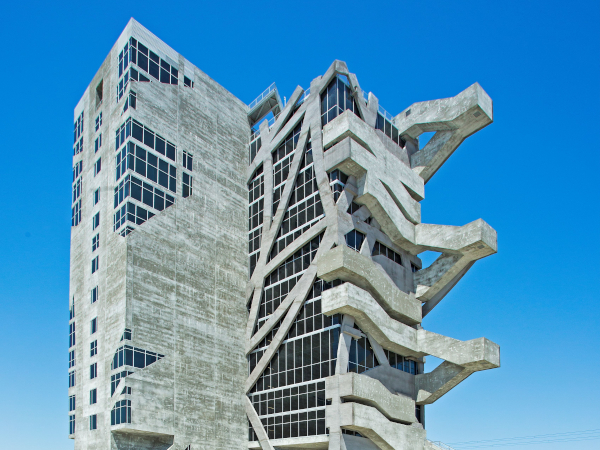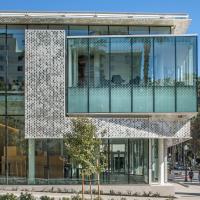Date: 19 July 2011
S. bankruptcy protection to apply to its restructuring proceedings in Mexican court.
U.S. Bankruptcy Judge Harlin D. Hale said during a hearing today in Dallas that he’ll make a decision in the “next few days” after receiving complete documentation supporting both parties’ arguments.
Lawyers for bondholders argued today against granting the Chapter 15 petition, saying Alejandro Sanchez Mujica, Vitro’s legal director, doesn’t meet requirements to be the company’s foreign representative. Vitro’s lawyers said the judge would be rewriting Mexican law by ruling Sanchez ineligible. They urged Hale to accept the petition and put the focus of the bankruptcy case back in Mexico.
Vitro defaulted on $1.5 billion of debt, including the U.S. bonds, in February 2009 after a recession cut into glass demand for autos and construction and the company piled up more than $300 million of derivative losses.
Bondholders have balked at Vitro using $1.9 billion of intercompany debt to gain majority approval of a debt restructuring plan that was rejected by 68 percent of creditors in December.
The debt proposal, under consideration in a Mexican bankruptcy court, offers $850 million of new bonds and $100 million of debt convertible to shares in exchange for $1.5 billion of total debt in default.
Intercompany Debt
Lawyers for bondholders have asked Judge Hale to reject U.S. bankruptcy protection for the outcome of the Mexican proceedings in part because the use of intercompany debt gives Vitro the ability to dictate terms to creditors. The Mexican case is still proceeding.
In today’s hearing in Dallas, the arguments centered on the eligibility of Sanchez as the foreign representative in the Chapter 15 petition.
Sanchez was appointed by Vitro’s board and the foreign representative should be chosen by the Mexican bankruptcy court, said Benjamin E. Rosenberg, a noteholders’ lawyer with the Philadelphia-based law firm Dechert LLP. Sanchez helped set up the transaction that created intercompany debt, Rosenberg said.
“He’s a representative of the debtor and not the proceedings,” Rosenberg said. “He’s simply not impartial.”
Shockwaves
Andrew M. Leblanc, a lawyer for Vitro from the New York- based law firm Milbank Tweed Hadley & McCloy LLP, argued that there have been at least seven cases since 2005 in which U.S. judges accepted Mexican foreign representatives who had been appointed by the boards of the debtor company. A ruling against Sanchez as foreign representative would send international “shockwaves” because it would be contrary to rulings in previous cases, Leblanc said.
“You would be effectively rewriting the law in Mexico,” Leblanc said.
In June, Hale denied Vitro’s request to use the parent’s Chapter 15 case to halt creditor actions against subsidiaries not in bankruptcy.
The case is In re Vitro SAB, 11-33335, U.S. Bankruptcy Court, Northern District of Texas (Dallas).














Add new comment